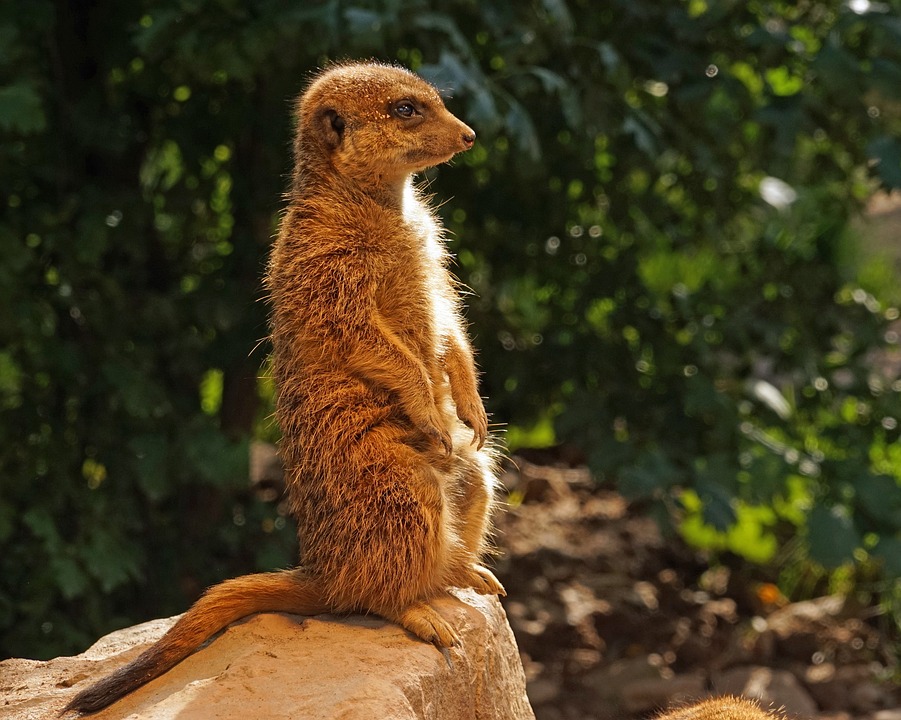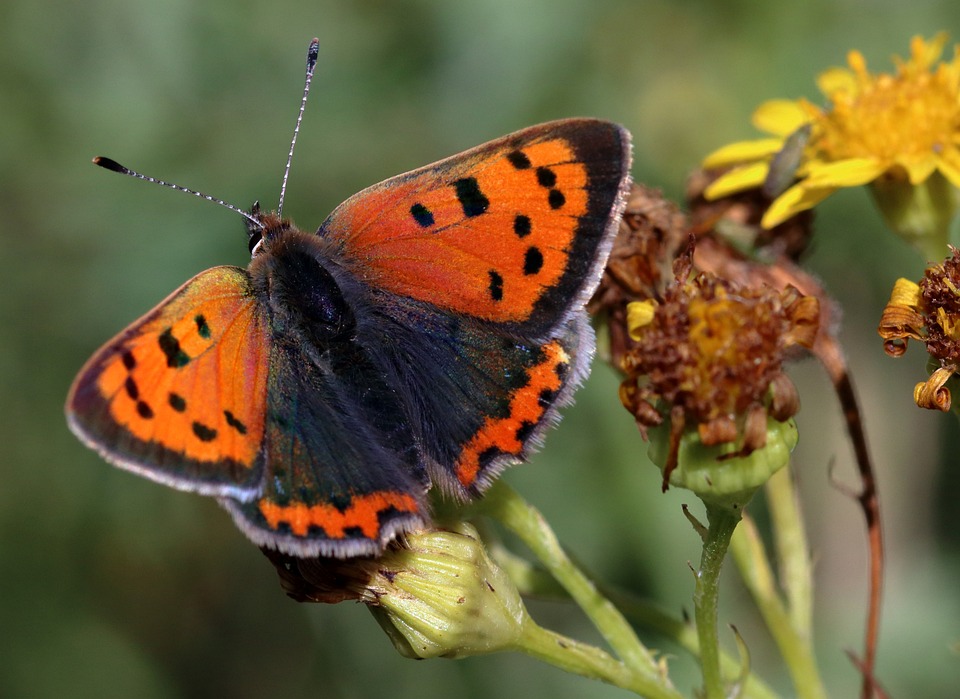Wildlife conservation is a critical issue that affects the health of our planet and the survival of many species. While not everyone may be actively involved in hands-on conservation work, there are numerous reputable organizations that work tirelessly to protect threatened wildlife and their habitats. These organizations rely on donations and support from individuals who are passionate about preserving our natural world.
One such organization is The Nature Conservancy, which focuses on preserving entire wildlife communities and their rich species diversity. They work with local communities, businesses, and individuals to protect over 125 million acres of land globally. The Nature Conservancy is known for its innovative conservation approaches, such as debt-for-nature swaps, which help economically developing countries maintain biodiversity in exchange for debt forgiveness.
The World Wildlife Fund (WWF) is another prominent wildlife conservation organization that operates in nearly 100 countries. Their goals include protecting natural ecosystems, minimizing pollution, and promoting sustainable use of natural resources. The WWF works at multiple levels, from specific wildlife habitats and local communities to governments and global networks of non-government organizations. The iconic Giant Panda serves as the organization’s official mascot, symbolizing the urgent need to protect endangered species.
The Natural Resources Defense Council (NRDC) is an environmental action organization that focuses on a wide range of issues, including curbing global warming, promoting clean energy, and preserving wildlands and wetlands. With a team of over 700 professionals, the NRDC uses local laws, scientific research, and a vast network of members and activists to protect wildlife and habitats worldwide.
The Sierra Club, founded in 1892 by naturalist John Muir, is a grassroots conservation organization dedicated to protecting ecological communities and promoting smart energy solutions. Their initiatives include developing alternatives to fossil fuels, limiting greenhouse emissions, and advocating for wildlife conservation. The Sierra Club supports local chapters across the U.S. that engage members in conservation efforts in their communities.
The Wildlife Conservation Society (WCS) focuses on promoting environmental education and conservation of wild populations and habitats. They support zoos and aquariums while working to protect flagship animals such as apes, big cats, elephants, whales, and sharks. The WCS was established in 1895 and operates five Wildlife Conservation Zoos in New York, including the Bronx Zoo and the Central Park Zoo.
Oceana is the largest non-profit organization dedicated to protecting the world’s oceans from pollution and overfishing. They run campaigns to prevent overfishing and protect marine life such as sharks and sea turtles. Oceana closely monitors the long-term effects of events like the Deepwater Horizon oil spill in the Gulf of Mexico, focusing on achieving specific, measurable outcomes in their conservation efforts.
Conservation International works to stabilize the global climate, protect freshwater supplies, and ensure human well-being in ecologically threatened areas. They collaborate with indigenous peoples and non-governmental organizations to identify and protect biodiversity hotspots, which are ecosystems with high plant and animal diversity at risk of human encroachment.
The National Audubon Society is a premier organization devoted to bird and wildlife conservation, with chapters across the U.S. and important bird areas that are threatened by human activities. The NAS engages citizen scientists in bird surveys and advocates for effective conservation plans and policies. Their publication, Audubon Magazine, is a valuable resource for promoting environmental awareness.
The Jane Goodall Institute, founded by renowned naturalist Jane Goodall, works to protect chimpanzees, great apes, and other primates from illegal trafficking and habitat destruction. They fund sanctuaries, provide healthcare and education in African villages, and promote sustainable livelihoods in rural areas. The JGI’s efforts aim to raise awareness about the importance of protecting these intelligent and endangered species.
The Royal Society for the Protection of Birds (RSPB) was established in 1889 to oppose the use of exotic feathers in the fashion industry. Today, the RSPB protects and restores habitats for birds and wildlife, conducts research on bird populations, and manages nature reserves across the UK. Their annual Big Garden Birdwatch allows members to participate in a nationwide bird count, contributing to conservation efforts.
In conclusion, supporting wildlife conservation organizations is crucial for protecting endangered species and preserving our natural world. By donating to reputable organizations and raising awareness about conservation issues, individuals can make a significant impact on the future of wildlife and their habitats. It is essential to prioritize the well-being of our planet and work together to ensure a sustainable future for all species.





